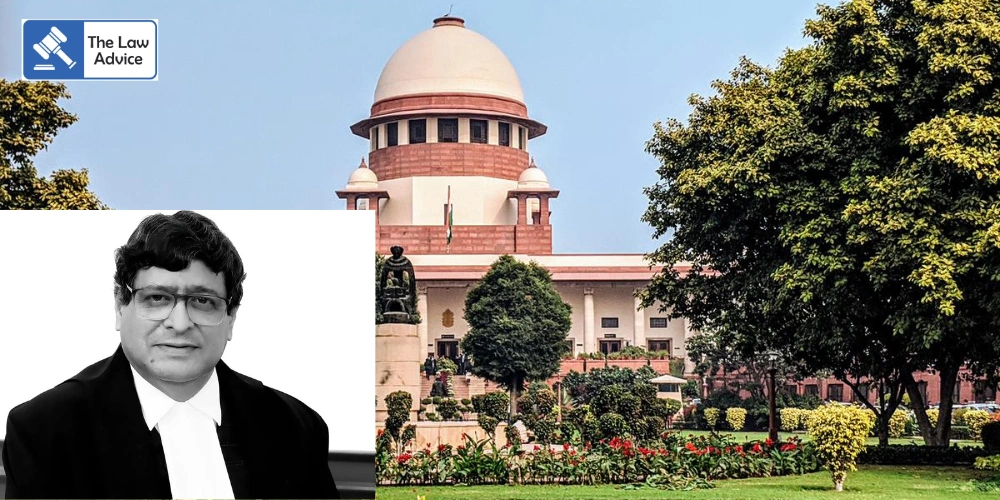The Supreme Court on Monday indicated that it would await the report of Justice (Retd.) Sudhanshu Dhulia before examining an application filed by Kerala Governor Rajendra Arlekar seeking to remove the Chief Minister from a court-constituted panel tasked with appointing Vice-Chancellors for state universities.
The matter was heard by a Bench comprising Justice JB Pardiwala and Justice KV Viswanathan, in the backdrop of an ongoing tussle between the Governor, who is the Chancellor of state universities, and the Kerala Government over appointments to top academic posts.
On August 18, the Supreme Court had stepped in to break the deadlock and formed a three-member committee under the chairmanship of Justice Dhulia. The committee was directed to identify suitable candidates for the positions of Vice-Chancellors at the APJ Abdul Kalam Technological University and the Kerala University of Digital Sciences, Innovation and Technology.
In its earlier order, the Court had stated that the Chief Minister’s recommendations would carry primacy in the process, requiring the shortlisted names to be arranged in order of preference suggested by the CM.
The Governor, through Attorney General R. Venkataramani, has now sought modification of that order, arguing that subsequent judicial developments have restored the Chancellor’s authority as the appointing power.
Venkataramani referred to a recent order by a coordinate bench led by Justice Surya Kant in the West Bengal Vice-Chancellor appointments dispute, where the Supreme Court clarified that the committee headed by former CJI UU Lalit was not bound by the Chief Minister’s preference list.
The AG submitted:
“I only want to place this subsequent development on record. There is now a modification that restores the Chancellor’s appointing authority. If this aspect is ignored until Justice Dhulia’s report comes, complications may arise later.”
The Attorney General stressed that the lack of clarity on who has the final say—Governor, Chief Minister, or the Committee—may derail the appointment process.
“Ultimately, how will the appointments take place if we do not resolve this? Whether the Chief Minister has the final say, or whether the Chancellor’s authority stands restored, these are issues that require clarity,” he argued.
However, he clarified that his submission was not intended to obstruct Justice Dhulia’s work, but only to ensure that the process remains consistent with the law.
Kerala Government’s Response
Senior Advocate Jaideep Gupta, appearing for the Kerala Government, opposed the Governor’s plea, contending that there was no need to alter the earlier order at this stage.
Court’s Stand: Await Dhulia Report
The Bench, however, was not inclined to act immediately on the Governor’s application. Justice Pardiwala remarked:
“Should we not wait for Justice Dhulia’s report before making any modifications?”
The Court observed that it would be premature to interfere with the ongoing committee proceedings and assured that once Justice Dhulia submits his report, the Court will address all legal and procedural issues, including the Governor’s concerns.
“Let the report come. We will work out the modalities. Once the report is placed before us, we will consider both the recommendations and the modified order,” the Bench stated.
The dispute reflects a broader pattern of conflict between Governors and State Governments over the control of higher education institutions, with similar confrontations already seen in West Bengal, Tamil Nadu, and Punjab. The issue touches upon sensitive questions of federalism, academic autonomy, and constitutional roles of Governors and Chief Ministers in state universities.
Case: Application in Supreme Court relating to Kerala VC appointments
